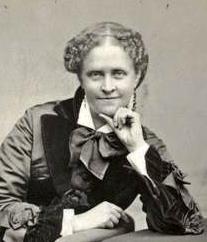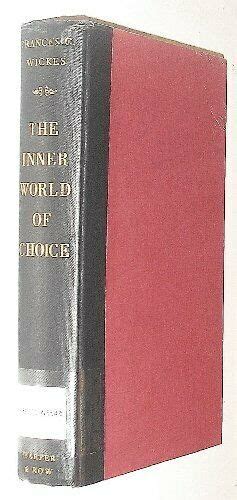A Quote by C. S. Lewis
There is one vice of which no man in the world is free; which every one in the world loathes when he sees it in someone else; and of which hardly any people, except Christians, ever imagine that they are guilty themselves. […] There is no fault which makes a man more unpopular, and no fault which we are more unconscious of in ourselves.[…]The vice I am talking of is Pride or Self-Conceit: and the virtue opposite to it, in Christian morals, is called Humility.
Related Quotes
The vice I am talking of is Pride or Self-Conceit: and the virtue opposite to it, in Christian morals, is called Humility...According to Christian teachers, the essential vice, the utmost evil, is Pride. Unchastity, anger, greed, drunkenness, and all that, are mere flea bites in comparison: it was through Pride that the devil became the devil: Pride leads to every other vice: it is the complete anti-God state of mind.
Humility is often only the putting on of a submissiveness by which men hope to bring other people to submit to them; it is a morecalculated sort of pride, which debases itself with a design of being exalted; and though this vice transform itself into a thousand several shapes, yet the disguise is never more effectual nor more capable of deceiving the world than when concealed under a form of humility.
The sense that a man is serving a Higher than himself, with a service which will become ever more and more perfect freedom, evokes more profound, more humbling, more exalted emotions than any thing else in the world can do. The spirit of man is an instrument which cannot give out its deepest, finest tones, except under the immediate hand of the Divine Harmonist.
What is still more to our shame as civilized Christians, we debauch their morals already too prone to vice, and we introduce among them wants and perhaps disease which they never before knew and which serve only to disturb that happy tranquility which they and their forefathers enjoyed. If anyone denies the truth of this assertion, let him tell me what the natives of the whole extent of America have gained by the commerce they have had with Europeans.
All the lies and evasions by which man has nourished himself civilization, in a word is the fruits of the creative artist. It is the creative nature of man which has refused to let him lapse back into that unconscious unity with life which characterizes the animal world from which he made his escape.
In a world which furnishes so many employments which are useful, and so many which are amusing, it is our own fault if we ever know what ennui [boredom] is, or if we are ever driven to the miserable resource of gaming, which corrupts our dispositions, and teaches us a habit of hostility against all mankind.
Every artist is linked to a mistake with which he has a particular intimate relation. There is the mistake of Homer, of Shakespeare — which is perhaps, for both, the fact of not existing. Every art draws its origin from an exceptional fault, every work is the implementation of this original fault, from which come to us a new light and a risky conception of plenitude.
As regards this vice, we read that the peacock is more guilty of it than any other animal. For it is always contemplating the beauty of its tail, which it spreads in the form of a wheel, and by its cries attracts to itself the gaze of the creatures that surround it. And this is the last vice to be conquered.


































